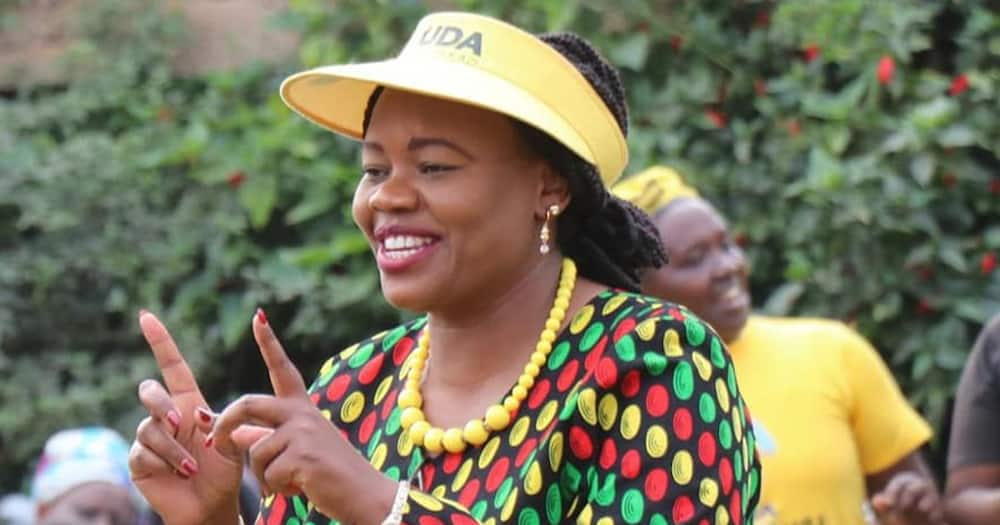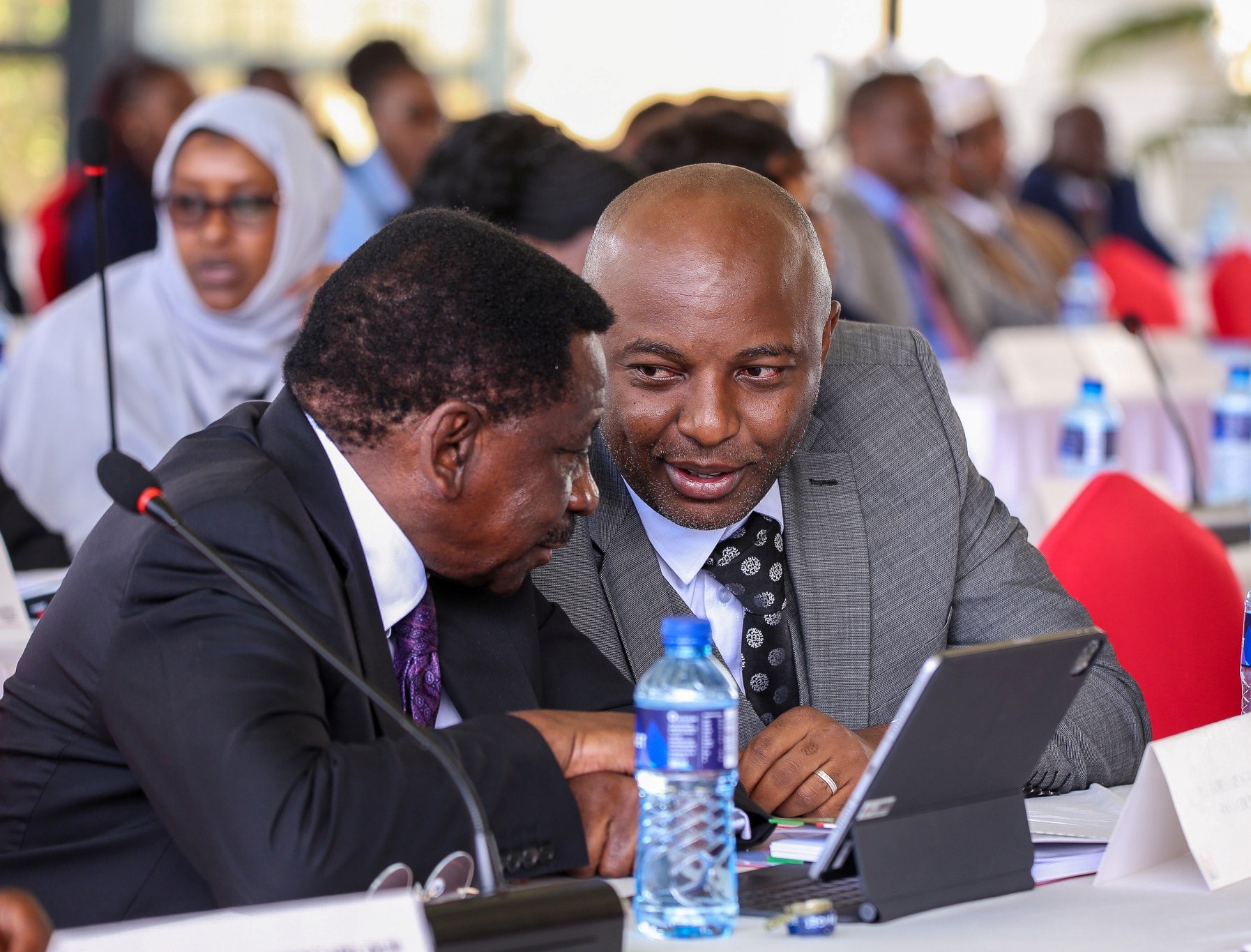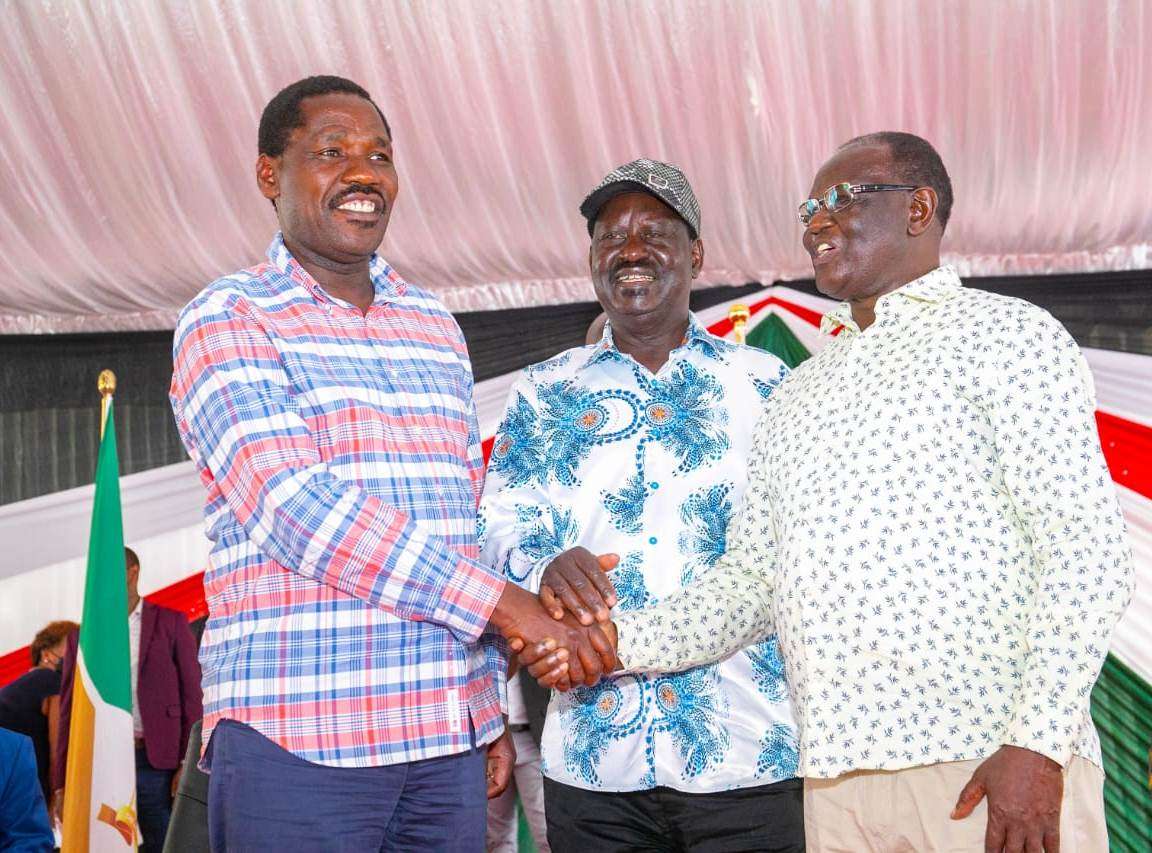The dust has barely settled following the impeachment of former Deputy President Rigathi Gachagua, and already a new political scheme is taking shape—one aimed at displacing pro-Gachagua Members of Parliament (MPs) from key positions in influential House committees. A plan is already underway to replace pro-Gachagua legislators who currently chair some of the most powerful committees in both the Senate and the National Assembly.
Sources suggest that these conspirators are in talks with various political parties to identify suitable replacements for the MPs who defied the government’s stance during Gachagua’s impeachment. The Kenya Kwanza coalition is expected to implement these changes with greater ease compared to the Azimio coalition, which consists of members from the Jubilee, ODM, and Wiper parties. As the dominant party within Azimio, ODM is likely to set the agenda and may push for the exclusion of Wiper MPs from their current committee positions, especially those who opposed their political allies during the impeachment process.
Key targets in this power struggle include MPs and senators who hold leadership roles and voted against the impeachment of Gachagua. Leading the list is Ndindi Nyoro, the Chairman of the Budget and Appropriations Committee. Nyoro, once seen as a close associate of President William Ruto and a potential candidate for the 2027 vice-presidential race, has found himself distanced from the president following his neutral stance during the Gachagua impeachment. UDA operatives have indicated that Nyoro’s political future is uncertain and are advocating for his replacement by a loyal UDA member, even if that individual doesn’t hail from the mountainous region.
Another major figure under threat is Gathoni Wamuchomba, the chairperson of the Constitutional Implementation Oversight Committee and a vocal critic of the Kenya Kwanza administration. She may be ousted due to her vote against supporting the former Deputy President, having already clashed with senior UDA figures and expressed dissatisfaction with President Ruto’s leadership.
Naisula Lesuuda, the vice-chair of the Public Investments Committee on Education and Governance, is another MP in the crosshairs. Lesuuda’s conspicuous absence during the Gachagua impeachment vote has led to speculation that she may face replacement as part of a wider effort to neutralize those perceived as disloyal.
Further names have emerged, including Gideon Mulyungi, MP for Mwingi Central and chairman of the Decentralized Funds Committee. Mulyungi, like many of his Wiper party colleagues, opposed Gachagua’s impeachment, and his fate lies largely in the hands of the Azimio bloc. As the key players in the committee, ODM and Kenya Kwanza are likely to push for a replacement who aligns more closely with their political agendas.
Other MPs who may face displacement include Rose Museo, deputy chair of the Implementation Committee; Wanjiku Muhia, chair of the Regional Integration Committee; Benson Makali Mulu, vice-chair of the Public Debt and Privatization Committee; and Eric Karemba, chairman of the House Labour Committee. All of them either voted against Gachagua’s impeachment or were absent during the critical vote. Additionally, Naivasha MP Jayne Kihara, vice-chair of the Lands Committee, could be at risk, given her vote against the motion.
Mary Wamaua Njoroge, MP for Maragua and the Regional Development Vice Chair, also opposed efforts to retain Gachagua. Her political loyalty has been questioned, and she will likely be replaced by someone more aligned with the Kenya Kwanza coalition.
Finally, James Gakuya, a strong supporter of Gachagua and the chair of the Trade, Industry & Cooperatives Committee, is also in jeopardy. Gakuya, who represents Embakasi North, has been summoned by the Directorate of Criminal Investigations to clarify his alleged role in funding the Gen-Z demonstrations, making his political future even more uncertain.
As the dust continues to settle from Gachagua’s impeachment, the political landscape remains charged with power struggles, as both the Kenya Kwanza and Azimio coalitions aim to solidify their control over crucial parliamentary committees. This shift in leadership could reshape the direction of key legislative decisions in the coming months, with the loyalty of MPs to their respective parties and coalitions under intense scrutiny.





